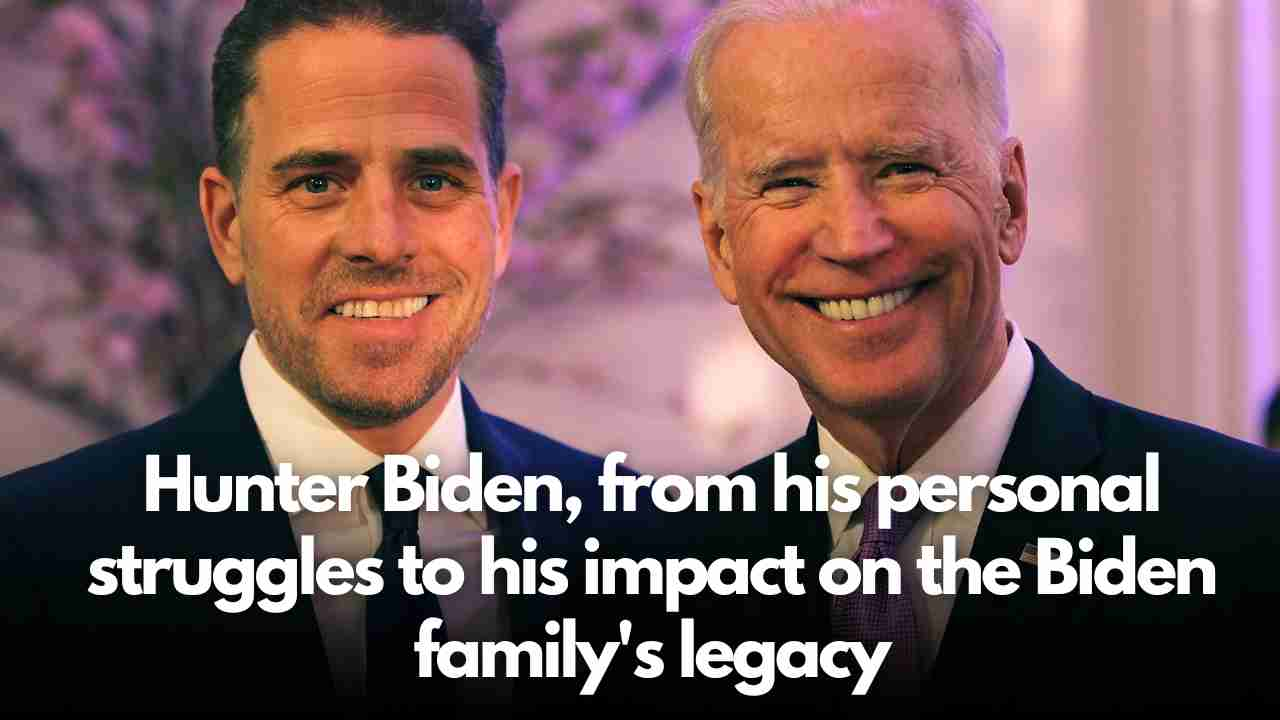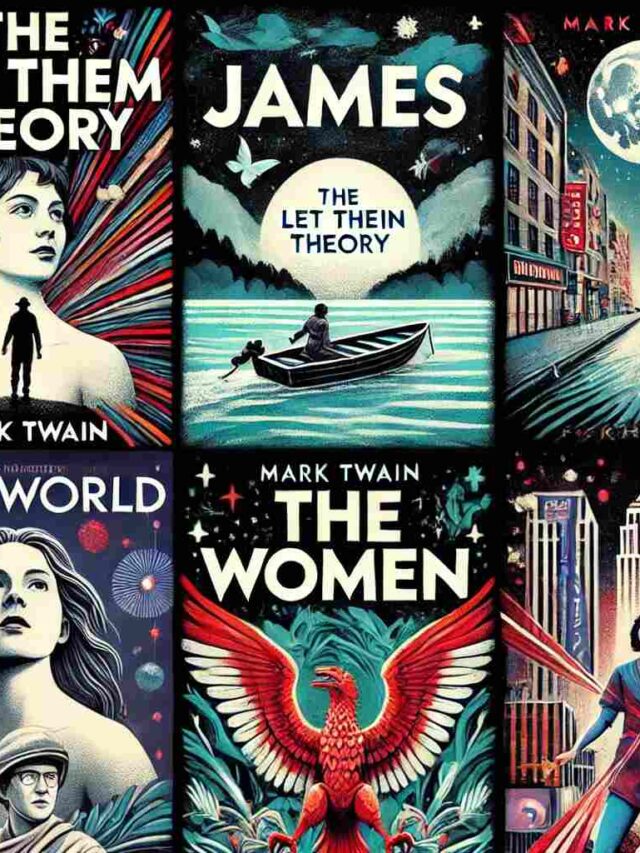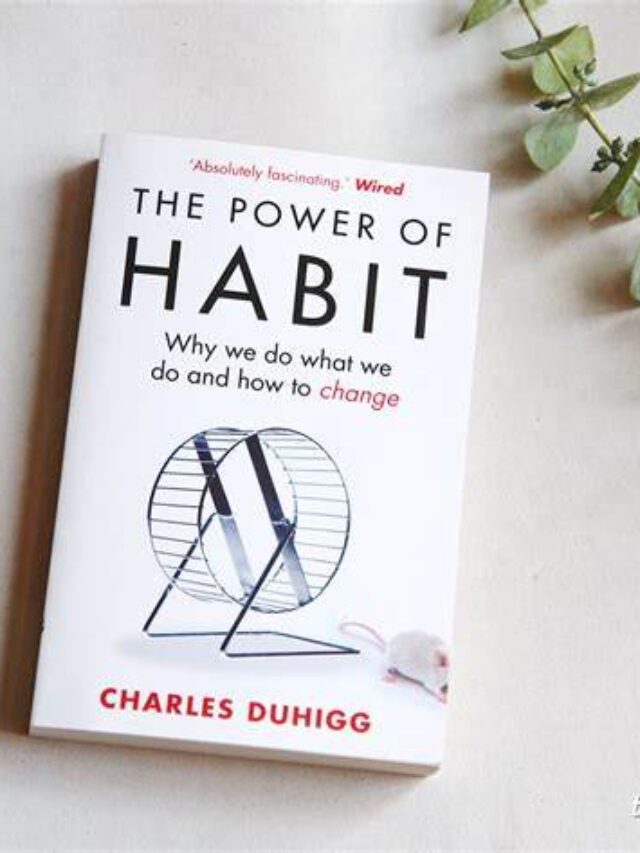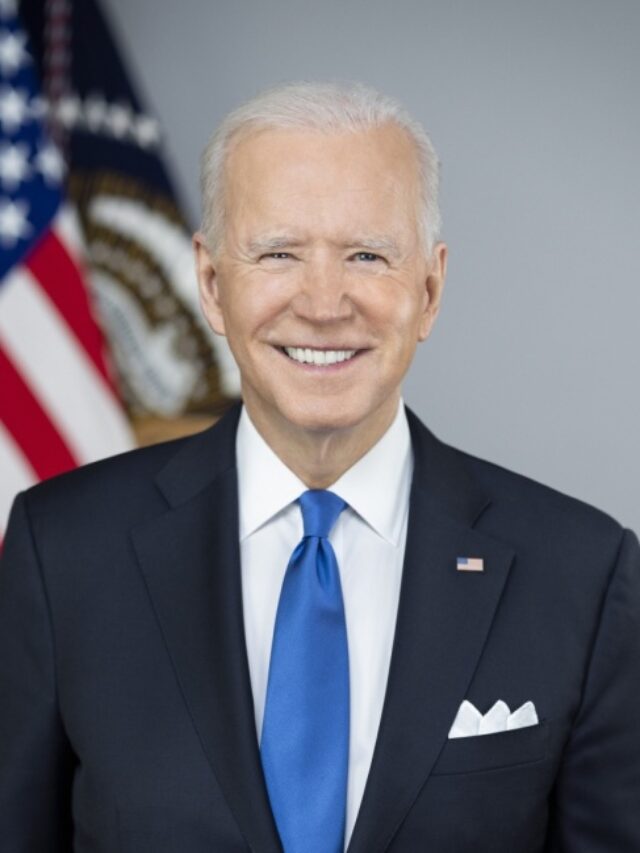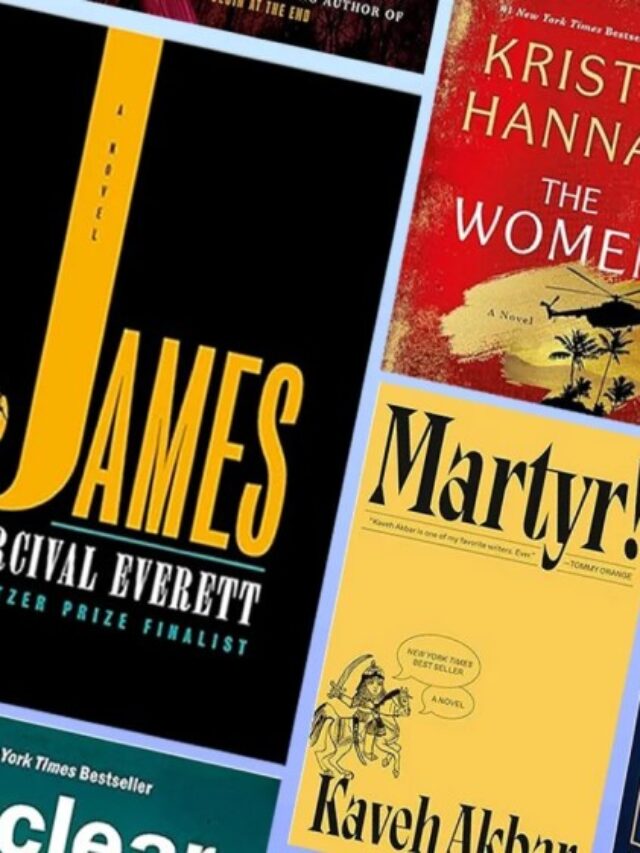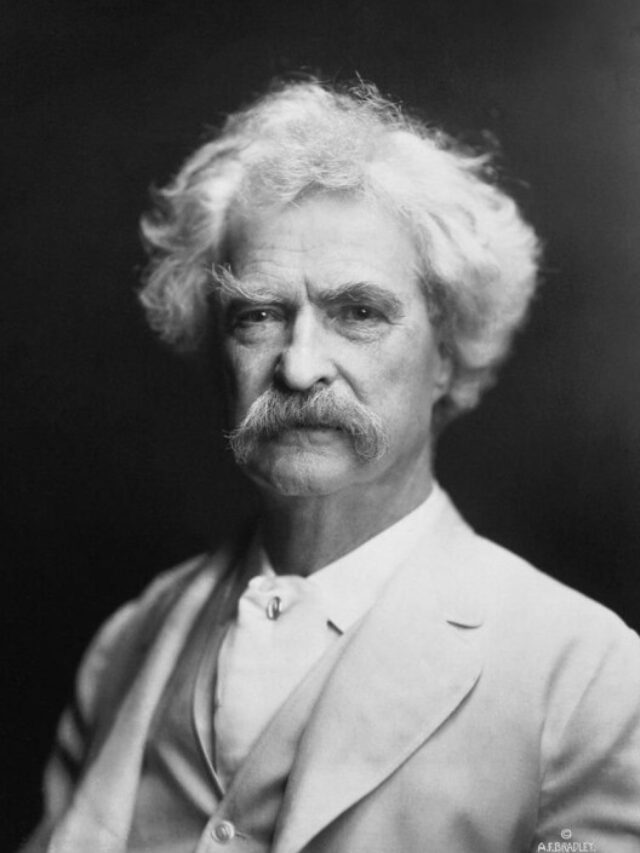Breaking News
Hot Stories
Highlight Stories
Top 5 best self development books to read in 2024
Do you want to become the best version of yourself and live a life full of discipline and success then…
Discover Categories
-
Discover More of What Matters to You:
- Science
- Life Style
- Videos
- Travel
- Entertainment
- Live Updates
- Wellness
- Wellness
- Uncategorized
- Digital Marketing
- Health
- Workout
- Exercise
- Motivation
EU vows ‘substantial’ contribution to climate damage fund
BRUSSELS: The European Union pledged Monday to…
Once-in-a-century flooding swamps Somalia after historic drought: UN
MOGADISHU: The United Nations has described floods…
Top 5 best self development books to read in 2024
Do you want to become the best…
What to Watch
Why is Dostoevsky’s ‘White Nights’ all over social media; A look at the fyodor fever
By Onlinesyndrome
J.R.R. TOLKIEN’S BIRTH ANNIVERSARY: A LOOK AT HIS FAMOUS WORKS AND LEGACY
By Onlinesyndrome
Top 10 novels in USA 2024
By Onlinesyndrome
William Shakespeare’s works are rich with lines that have become iconic over the centuries.
By Onlinesyndrome
These authors and their works significantly influenced the literary scene in 2024, engaging a wide audience across various social media platforms.
By Onlinesyndrome
- Advertisement -



Why is Dostoevsky’s ‘White Nights’ all over social media; A look at the fyodor fever
By Onlinesyndrome
J.R.R. TOLKIEN’S BIRTH ANNIVERSARY: A LOOK AT HIS FAMOUS WORKS AND LEGACY
By Onlinesyndrome
Top 10 novels in USA 2024
By Onlinesyndrome
William Shakespeare’s works are rich with lines that have become iconic over the centuries.
By Onlinesyndrome
These authors and their works significantly influenced the literary scene in 2024, engaging a wide audience across various social media platforms.
By Onlinesyndrome
10 Books People Claim to Have Read to Sound Cool
By Onlinesyndrome
8 Must-Read Thrillers
By Onlinesyndrome
8 books that will make you an expert in understanding human psychology and behavior
By Onlinesyndrome
Here’s a list of 10 magical books to captivate your child and spark a lifelong love for reading.
By Onlinesyndrome
Startup Story of a 20-Year-Old Middle-Class Boy
Inspiring Startup Story: How a 20-Year-Old Middle-Class Boy Defied Odds to Build a Successful Business. Learn about his journey, challenges,…
Healthcare Startups Are Minting Money In India This Year
Discover how healthcare startups in India are thriving in 2024, revolutionizing the industry and attracting significant investments. Learn more about…
- Advertisement -



High Ticket Indian Clients Revealed by Delhi-Based Freelancer
Delhi-Based Freelancer Unveils Secrets to Landing High Ticket Indian Clients. Discover proven strategies for attracting premium clients in the Indian…
Follow US
Find US on Social Medias
Weekly Newsletter
Subscribe to our newsletter to get our newest articles instantly!
[mc4wp_form]
- Advertisement -



More Information:Covid-19 Statistics










